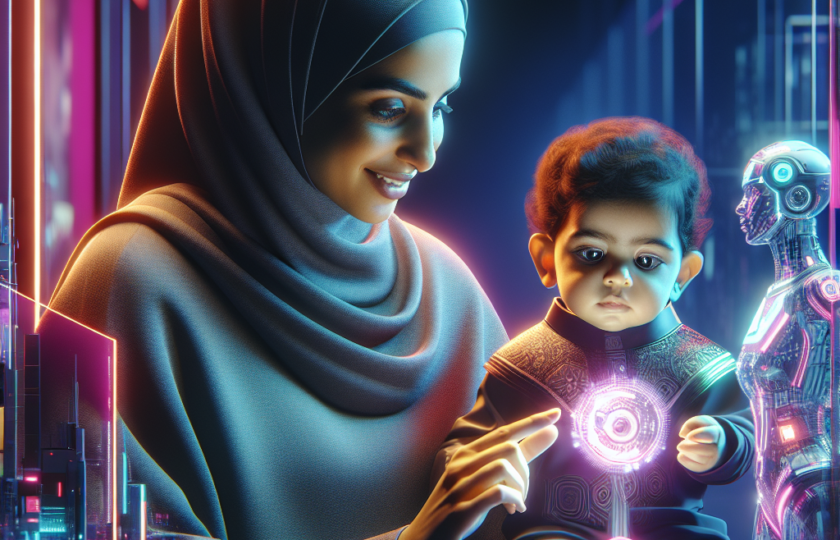Dolly’s Cloning Legacy
Dolly was a female Finn-Dorset sheep that lived from 1996 to 2003. The first successful cloning of an adult mammal, produced by British developmental biologist Ian Wilmut and colleagues of the Roslin Institute, near Edinburgh, Scotland. The announcement in February 1997 of Dolly’s birth marked a milestone in science. Her cloning dispelled decades of presumption that adult mammals could not be cloned, which ignited a debate concerning the many possible uses and misuses of mammalian cloning technology.
So what happened to cloning and all the buzz? Well, most countries except the USA have actually banned cloning. Cloning is a very risky process and very hard on the animals used for testing.
“While scientists have made progress in refining the procedure, and while failure rates aren’t as high as they used to be, a majority of cloning efforts still fail, experts say. Stice says given the different moving pieces it’s hard to say how successful cloning is, but that it’s possible the procedure may work up to 30% of the time. In comparison, artificial insemination of animals works 50% to 75% of the time.” – US News
When looking at new, safer ways to duplicate a person, AI offers a non-invasive technical option with a success rate that will be well over the 30% mark. Also, you can make an AI duplicate in a week or even a day with little to no cost. A real scientific cloning costs hundreds of thousands, even millions, of dollars. On the upside, an AI duplicate can be shut off, monitored, and modified at any time. Whereas, a scientific cloning involves living beings. Unfortunately, living beings are unpredictable, and cannot be shut off.
In this post, I’ll compare AI and human cloning, outlining the safety and ethical advantages of AI.


Ethical Considerations
Cloning human beings raises complex ethical questions related to identity, autonomy, and individual rights. The creation of genetically identical copies of individuals raises concerns about the potential for exploitation, discrimination, and psychological harm. AI technology, on the other hand, operates in a virtual environment, eliminating the ethical dilemmas associated with physical replication of human beings. Your clone basically can’t run or steal your life or identity. You will have full access to your clone and only the data you give it, as well as the programs you install and learn. It can be turned on and off, unlike a human.
Control and Regulation
AI technology can be controlled and regulated through programming and algorithms, reducing the risk of unintended consequences or ethical violations. AI systems can be monitored and shut down if necessary, providing a level of control that is not possible with cloning technology. Strict guidelines and regulations govern the development and use of AI to ensure transparency, accountability, and ethical use. A cloned human will have emotions and do spontaneous things that no one will be able to predict or control. AI will be more predictable because we will know how it is coded and programmed and what it has in the search queue. Basically, with AI, there will be a record of activity, whereas a human could go rogue at any time and become MIA.


Safety and Security
AI technology offers a safer alternative to cloning human beings in terms of safety and security. AI systems operate in a controlled environment, minimizing the risk of physical harm or unintended consequences. AI can be continuously updated and improved through software updates, without the need for physical replication or manipulation of living organisms.
Advancements and Innovation
AI technology continues to evolve and advance at a rapid pace, offering new possibilities for enhancing human capabilities and addressing complex challenges. AI systems can be tailored to specific tasks and applications, providing personalized assistance and support. The versatility and adaptability of AI technology makes it a valuable tool for various industries and sectors. With building a clone like an assistant of yourself for others, remember this is never a replacement of the real you and it can only advance with the knowledge base you provide it.
While AI technology cannot physically clone human beings that are walking around, it offers a safer and more ethical alternative to cloning through technology than by scientific means. AI technology has the potential to enhance human capabilities, interaction, knowledge, creativity, and productivity. It will improve efficiency and streamline processes without infringing on fundamental ethical principles. Let’s use it safely and wisely.
Vengo AI Website (Go ahead, clone yourself!): https://new.vengoai.com/


